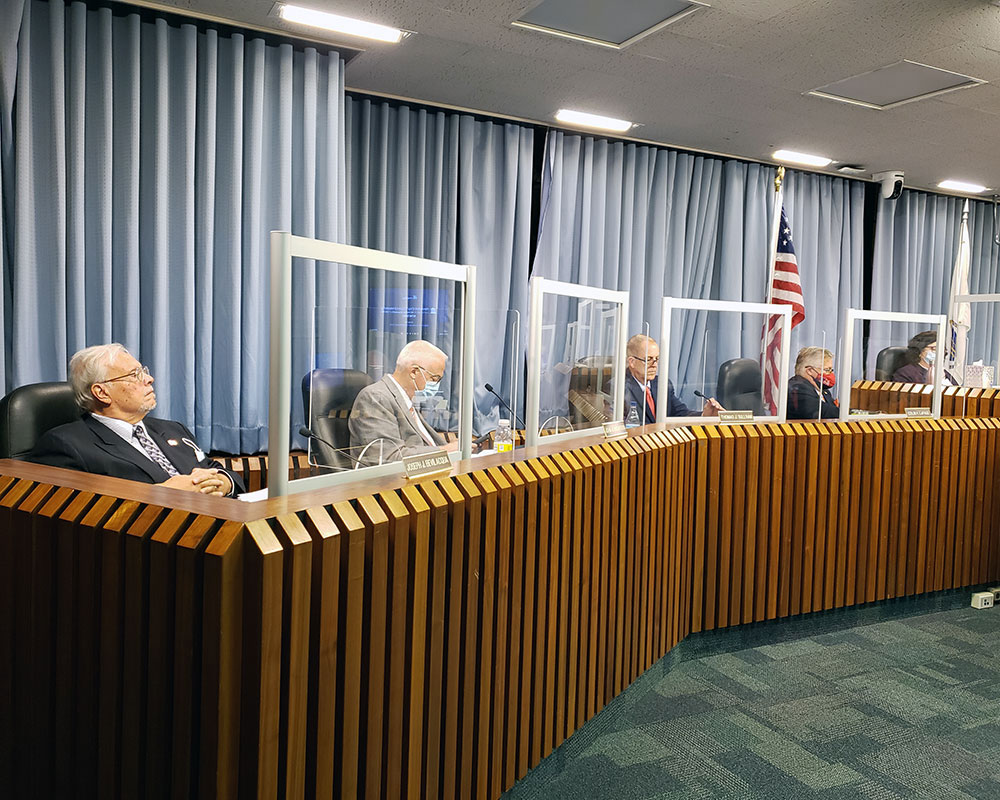Haverhill home and business owners will see a moderate increase in their tax bills.
The Haverhill City Council Tuesday chose to keep last year’s proportion of residential and commercial, industrial and personal properties unchanged. However, because residential property values outpaced commercial, while industrial values dropped, the average single-family homeowner can expect to pay more. The total amount of money to be raised was set last spring. City Tax Assessor Christine M. Webb explained the process.
“The property tax levy is determined as part of the budget process. This year it is over $115 million. To lessen the burden on residential taxpayers, the city may shift the tax share from one class to another,” she said.
Last year’s rate had commercial and industrial property owners paying 165% more than homeowners. The Council could have increased that amount to a maximum of 175%, but elected to keep the shift the same by a vote of 8-0. Webb explained what that will mean for taxpayers.
“The average residential tax bill would increase $158. The average single-family tax bill would increase $175. The average commercial tax bill would increase $176 and an industrial average tax bill would decrease $2,351,” Webb added.
Attempts to change the total amount to be taxed failed. Mayor James J. Fiorentini told WHAV before the vote he found no appetite among a majority of councilors for using city surpluses to reduce taxes.
Expressing concern that this is not a good time to be adding a financial burden on taxpayers, Councilor Joseph J. Bevilacqua proposed reducing the total tax levy by a million dollars by taking money from the city’s so-called “free cash account.”
“Inflation is over 6%. The cost, as you all know, of food has gone up. Milk is 8%. Steak is 30% and they’re just going to keep rising and rising. So, my concern would be how can we help reduce the burden for taxpayers this year. If we took a million dollars in free cash, what would that do to reduce the burden to homeowners?” He asked.
Webb responded the amount would reduce the single-family tax by about $40 per year, while increasing the average commercial bill by about $140.
The council ultimately voted 6-2 against with only Councilors Bevilacqua and William J. Macek in favor and Vice President Colin F. LePage absent.
The council also voted 8-0 against proposals that would allow for residential, commercial and open space exemptions. They also voted by the same margin to disallow an exemption for the elderly.

